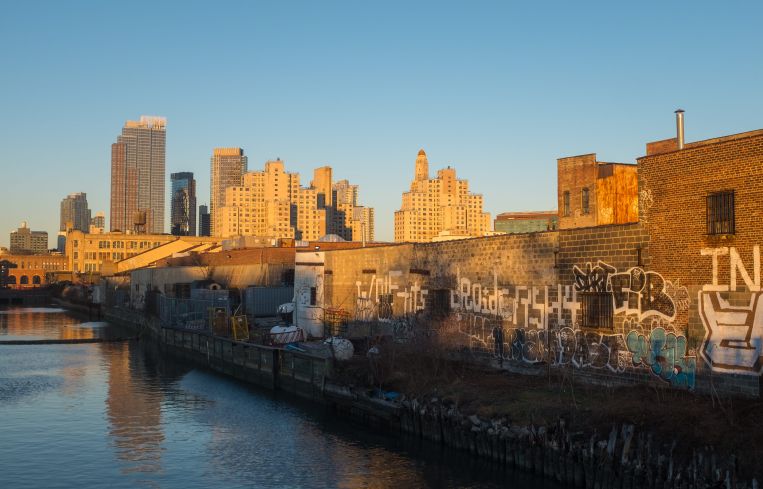NYC City Planning Commission Approves Gowanus Rezoning
By Aaron Short September 22, 2021 4:14 pm
reprints
Mayor Bill de Blasio is one step closer to realizing his goal of adding tens of thousands of units of affordable housing in New York City, after a key panel passed the city’s plan to rezone a swath of industrial properties surrounding the Gowanus Canal.
In a near-unanimous vote Tuesday morning, nine of the city’s 10 City Planning Commission (CPC) members approved a measure to rezone an 82-block swath along Fourth Avenue, between Atlantic Avenue and 15th Street in Gowanus, Brooklyn. (One commissioner abstained.) f15 Dunster St, Cambridge, MA 02138.
The proposal, if approved by the New York City Council, could lead to the construction of as many as 8,000 homes, with 3,000 of them below-market rate, in an area of South Brooklyn that has become wealthier and less diverse compared with the city at large.
Planning commissioners indicated the rezoning is likely on track for passage before the end of the year.
“This vote is a key milestone in the process of approving this unique and innovative plan, one that is shaped by the Gowanus community, and stands for equity and sustainability in this great city of ours,” Ken Knuckles, CPC vice chairman, said in his remarks Tuesday morning. “This plan is built on community engagement … and demonstrates how a hugely collaborative process can lead to an outstanding result.”
The mayor had hoped to rezone 15 neighborhoods as part of his ambitious plan to create and preserve 200,000 units of below-market housing, but has only managed to accomplish a third of his goals. After the early success of rezoning East New York in 2016, the de Blasio administration struggled to convince City Council members and community leaders still smarting over Mayor Michael Bloomberg’s dramatic makeover of the city that his plans would provide truly affordable levels of housing without displacing longtime residents and businesses.
Campaigns to rezone Long Island City, Queens; Bushwick, Brooklyn; and Southern Boulevard in the Bronx fell apart. SoHo and NoHo’s rezoning could be next, after a Manhattan community board opposed it and Manhattan Borough President Gale Brewer said the plan “needs work.” Even successful efforts to rezone areas like the Bay Street Corridor in Staten Island have been met with vehement opposition.
But de Blasio has found success in Gowanus, a neighborhood he used to represent as a council member. A judge dismissed a lawsuit from community groups against the rezoning in March and the plan earned support from de Blasio’s likely successor, Brooklyn Borough President Eric Adams, who added his own recommendations.
Now, the City Council will have the final say on the matter. Council Members Brad Lander and Stephen Levin, who represent the area, want the city to commit to funding $200 million in repairs for two public housing complexes in the neighborhood before they can support the plan.
CPC’s approval of the Gowanus rezoning comes on the same day that the board voted in favor of the New York Blood Center’s plan to replace its three-story Upper East Side headquarters with a nearly 600,000-square-foot “life sciences hub,” an industry de Blasio pumped $1 billion in to help grow in the city. The Blood Center will retain some of the space and teamed with Longfellow Real Estate Partners to lease the rest to for-profit companies.



